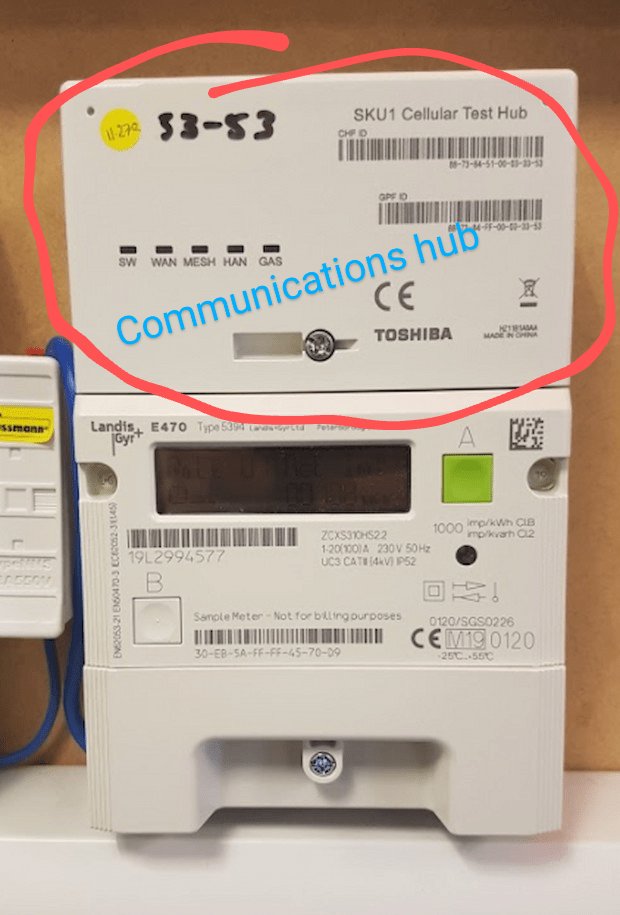
"Get your own back on your energy supplier and make money back from them!"
In this thread we consider the unintended consequences of the design of the Demand Flexibility Service (DFS)...
#dfs #demandflexilityservice #savingsessions #psychology #gametheory #energy 1/10
In this thread we consider the unintended consequences of the design of the Demand Flexibility Service (DFS)...
#dfs #demandflexilityservice #savingsessions #psychology #gametheory #energy 1/10
DFS is the scheme behind the schemes you may have seen such as @OctopusEnergy's Saving Sessions, which reward or pay you to use less energy than normal. In theory it saves suppliers money, saves the planet, and protects the grid. Good stuff. 2/10
But let's say I'm an energy-savvy consumer into min-maxing situations... 3/10
I already have a tariff that rewards me for using energy in the small hours of the morning, but there are some loads I just can't move to that time, because they're too noisy, or otherwise need manual intervention (laundry in particular). 4/10
I'm going to pay the same to run those tasks in the daytime, no matter what. That is until DFS came in. When a session begins, it's normally between 5 and 7, the time the UK as a whole consumes the most. 5/10
If I can move my high energy workloads to that time, and then only on DFS days delay them, then I can game the system. 6/10
To the organisation judging if I'm using less or more, I am using less. A lot less. So I make more money back! Big win for me! 7/10
Fortunately not everyone thinks this way, and not everyone can be bothered changing routines to make a few quid, but DFS's intended design is to engage these specific people. 8/10
Unfortunately, its unintended design, is that soon enough, it will incentivise the very people it wants to attract to shift consumption to the worst time of the day for suppliers, the grid, and the planet. 9/10
What do you think? Am I nuts? Are there parallels with other schemes in other industries? Will counter-measures turn consumers off rather than get them to turn off? 10/10
@threadreaderapp unroll
• • •
Missing some Tweet in this thread? You can try to
force a refresh





